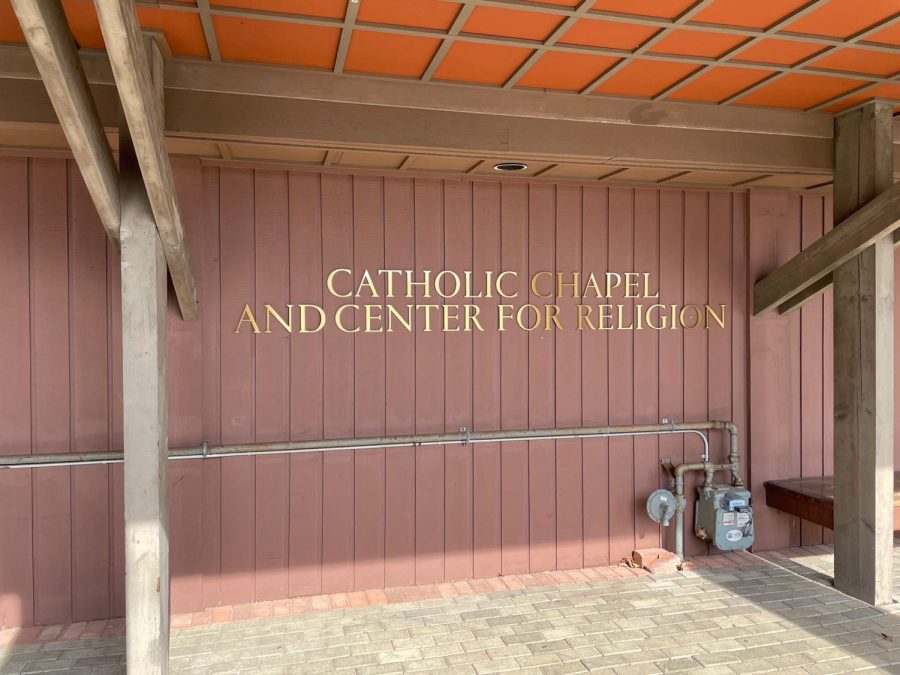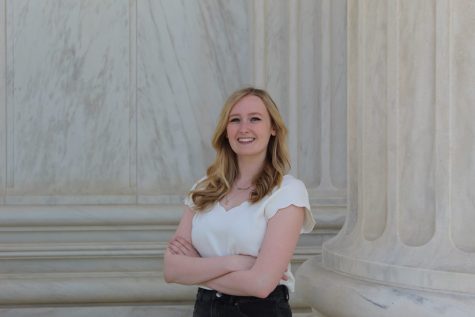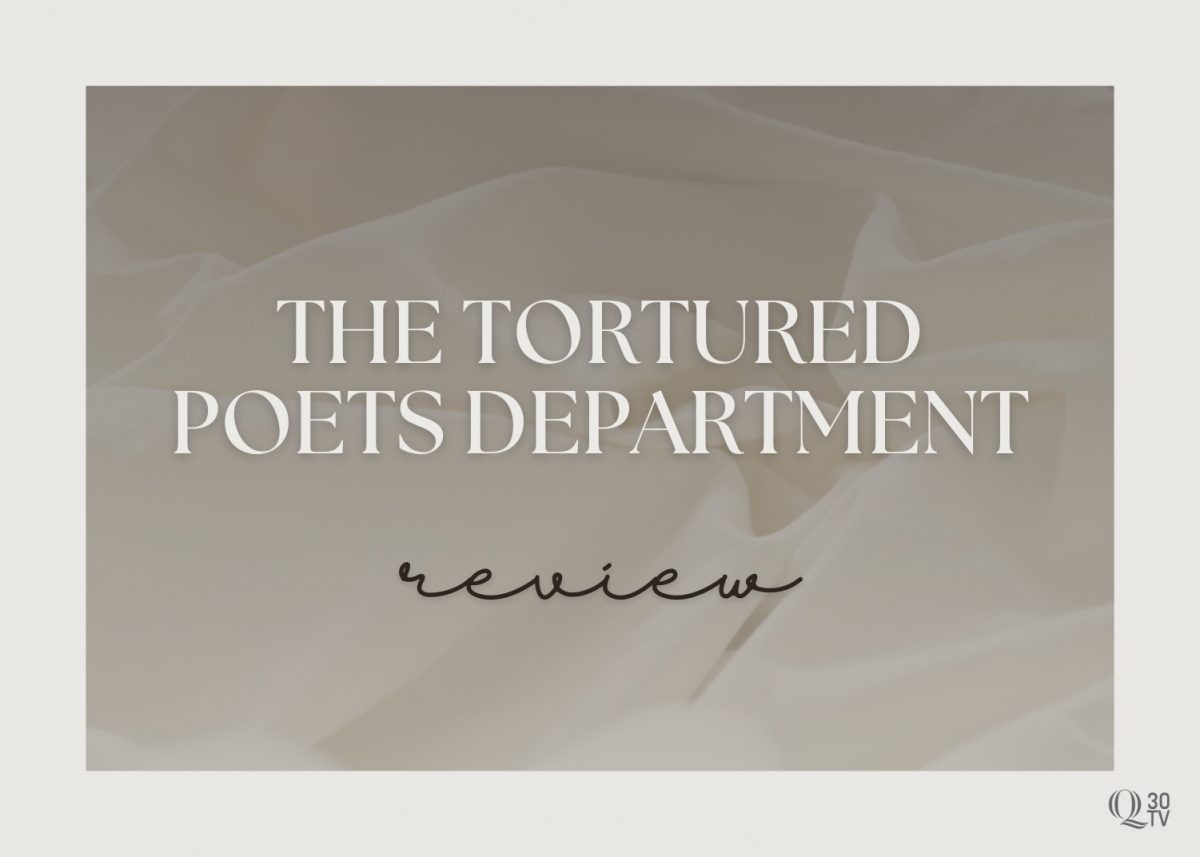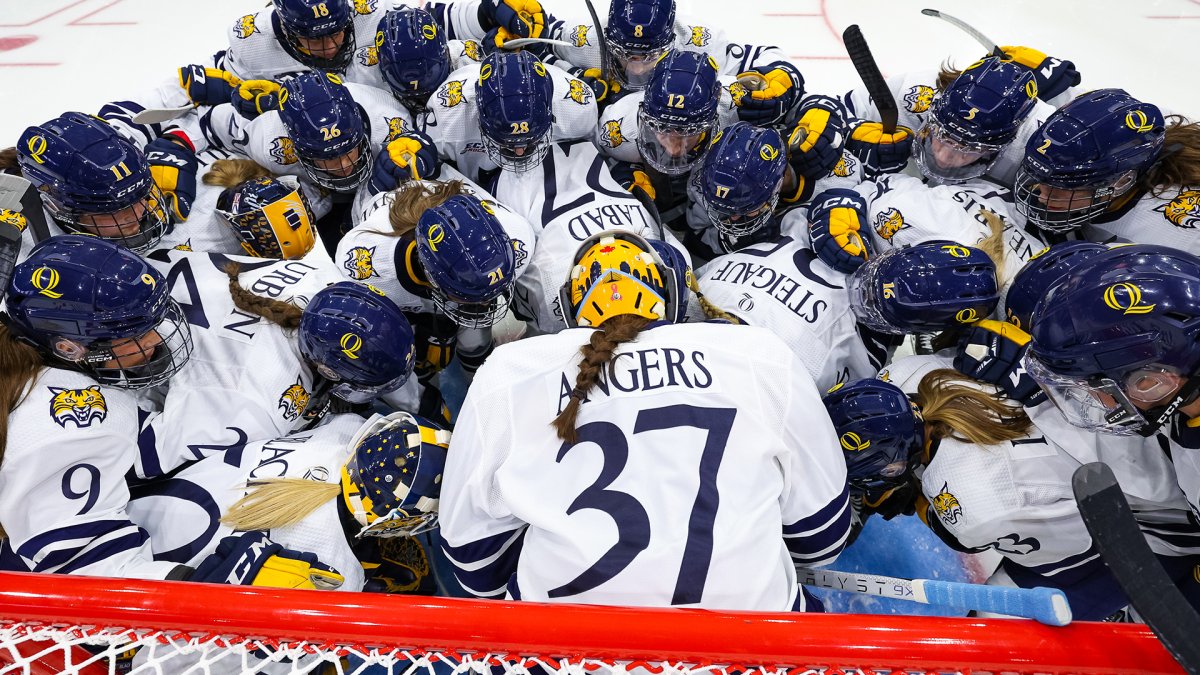Campus religious leaders to travel to the Polish Ukrainian border to assist refugees
March 10, 2022
Religious leaders from the Office of Religious Life are traveling to the Polish-Ukrainian border to help Ukrainian refugees amid the conflict between Russia and Ukraine.
On Feb. 24, Russia invaded Ukraine in hopes of demilitarizing the Ukrainian military forcing over 2.3 million Ukrainians to flee their country and find refuge in other countries. According to a tracker from the U.N. refugee agency, just over 1.4 million refugees have escaped to Poland, where Executive Director for University Religious Life Fr. Jordan Lenaghan and Staff Chaplain for Catholic Life Fr. Joachim Kenney will be for the next ten days.
“Because I have lived and worked in Russia and in Ukraine, they asked me to join a team to come over because I have language skills and I have regional familiarity,” Lenaghan said. “With so many people coming across the border, primarily women and children, as aid comes in it becomes important to identify the real kinds of need, the real aid that’s needed so it can be directed.”
The trip was solidified on Monday. Lenaghan and Kenney look to assist in any way that they can.
Having worked, lived and gotten to know people in Russia and Ukraine, Lenaghan feels this trip and his experience can be comforting to both Russian and Ukrainian students on campus.
“I’m aware of how easy it is to sort of make these individual faces into a collective thing,” Lenaghan said. “So that’s why I think in one sense, when this all began to break out this idea of how are our Russian bobcats, how are they feeling when they’re simply being judged on the basis of the passport that they’re holding in the foreign policy of government? How is it all kind of weighing on them?”
Lenaghan does admit the conflict is affecting him personally and reading the statistics online regarding deaths and people wounded only shapes part of a person’s understanding.
“What has struck me is that, behind every one of those numbers, there’s an individual human life,” Lenaghan said. “Somebody was born and somebody had parents coming to just wanted what you and I want and all of it now is gone or lost. And because of having lived there and seen these folks…I see them as individuals more than collectives.”
The Office of Religious Life sent an open letter to the community on campus on Thursday, March 3 discussing how the international conflict is impacting Quinnipiac students, faculty and staff.
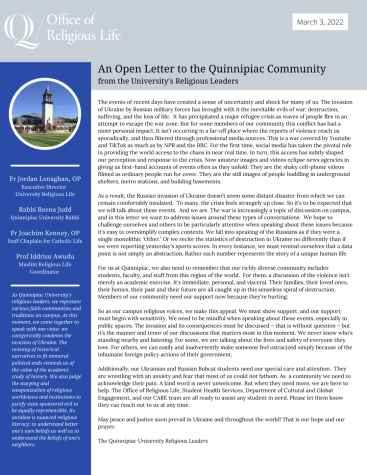
“To many, the crisis feels strangely up close. So it’s to be expected that we will talk about these events. And we are.”
Throughout the letter, the role of social media was highlighted in how this conflict is bringing people closer to the news saying, “It isn’t occurring in a far-off place where the reports of violence reach us sporadically, and then filtered through professional media sources… For the first time, social media has taken the pivotal role in providing the world access to the chaos in near real-time.”
The four names attached to this letter, Lenaghan, Kenney, Rabbi Reena Judd and Muslim Religious Life Coordinator and Professor Iddrisu Awudu all hope that each person on campus remain mindful as the war escalates and affects each person differently
“We must show support, and our support must begin with sensitivity. We need to be mindful when speaking about these events, especially in public places.”
When Lenaghan makes his way back to campus after the days spent in Poland, he says through his religious background, his witness will become an obligation and responsibility to educate and inform Quinnipiac.
“To come back and think about ways in which we can tell their story here, and also God willing, maybe perhaps find ways to organize a little bit of our own aid to make an impact,” Lenaghan said. “So in some tiny, small way, as a result of this, that we as the Quinnipiac community can make a difference.”


